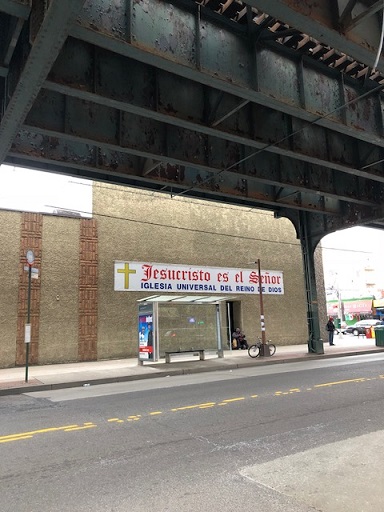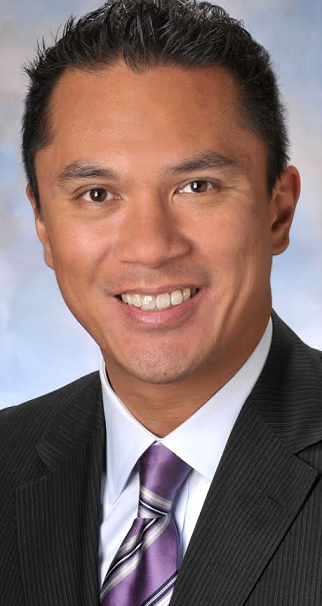When community leaders file for bankruptcy: What we can learn
By Cristina DC PastorThey are prominent individuals who are visible in high-profile community events, photographed with government officials and celebrities. One is in the area of health care, the other in retail.
With their Manhattan addresses and the way they’re always dressed in snappy ‘barong,’ nothing in their comportment suggests that at one point in their lives, these gentlemen had run out of money – and had filed for bankruptcy.
Their cases came to my attention through good old-fashioned grapevine ‘chismis.’ I verified their cases through a public access website operated by the federal court system. Both individuals are known to me. Their identities are being withheld on their request and because they have reasonably complied with the requirements of Chapter 7 petition. The individuals have recovered from their financial crises of many years ago, and now lead fulfilling private and professional lives.
“Alam mo naman sa community natin, there is a stigma to being bankrupt even after you have recovered from it,” one of them told The FilAm.
Personal bankruptcy can happen to anyone. Regular wage earners, artists, or highly-paid professionals can find themselves with mounting debts, maxed-out credit cards and are unable to file income taxes. Bankruptcy is most likely to happen, but not exclusive, to people who own and operate their businesses.
Lawyer Vincent Roldan said, “People can end up in bankruptcy for a number of reasons, in addition to simply spending too much money. Medical bills, job loss, divorce, failed investments, etc. could be a factor.”
Vincent is a partner for Ballon Stoll Bader & Nadler in New York representing corporate clients. “The principles for a business or consumer (personal) bankruptcy are the same,” he said. He is also the incoming president of the Filipino American Lawyers Association or FALA New York.
Personal bankruptcy is typically the result of mishandled personal or business finances where the debtor’s assets — his house, car, expensive paintings, and other valuable possessions — are under threat of being seized by the courts to pay off his obligations. To prevent this dreadful possibility, the debtor is advised to file for Chapter 7 protection.
According to USCourts.gov, “A Chapter 7 case begins with the debtor filing a petition with the bankruptcy court. In addition to the petition, the debtor must also file with the court: (1) his assets and liabilities; (2) his current income and expenditures; (3) a statement of financial affairs; and (4) a schedule of executory contracts and unexpired leases.
“Debtors must also provide a copy of the tax return or transcripts for the most recent tax year as well as tax returns filed during the case.
“Individual debtors with primarily consumer debts have additional document filing requirements. They must file: a certificate of credit counseling and a copy of any debt repayment plan developed through credit counseling; evidence of payment from employers, if any, received 60 days before filing; a statement of monthly net income and any anticipated increase in income or expenses after filing…A husband and wife may file a joint petition or individual petitions.
“…The debtor must provide the following information: 1) A list of all creditors and the amount and nature of their claims; 2) The source, amount, and frequency of the debtor’s income; 3) A list of all of the debtor’s property; and 4) A detailed list of the debtor’s monthly living expenses, i.e., food, clothing, shelter, utilities, taxes, transportation, medicine, etc.”
Filing for bankruptcy “helps people who can no longer pay their debts get a fresh start,” states USCourts.gov. At the same time, it is the court’s obligation to see to it that the creditors get some money back.
This “fresh start” is a fundamental goal of U.S. bankruptcy law, said Vince. He said, “Bankruptcy gives a ‘fresh start’ to individuals and allows them to eliminate most unsecured debt such as credit card debt.”
Copyright © 2017 The FilAm















I love what you guys are up to. Clever reporting! Keep up the good work.
Fantastic website.
Excellent site you have got here. It’s difficult to find good quality writing like yours nowadays.